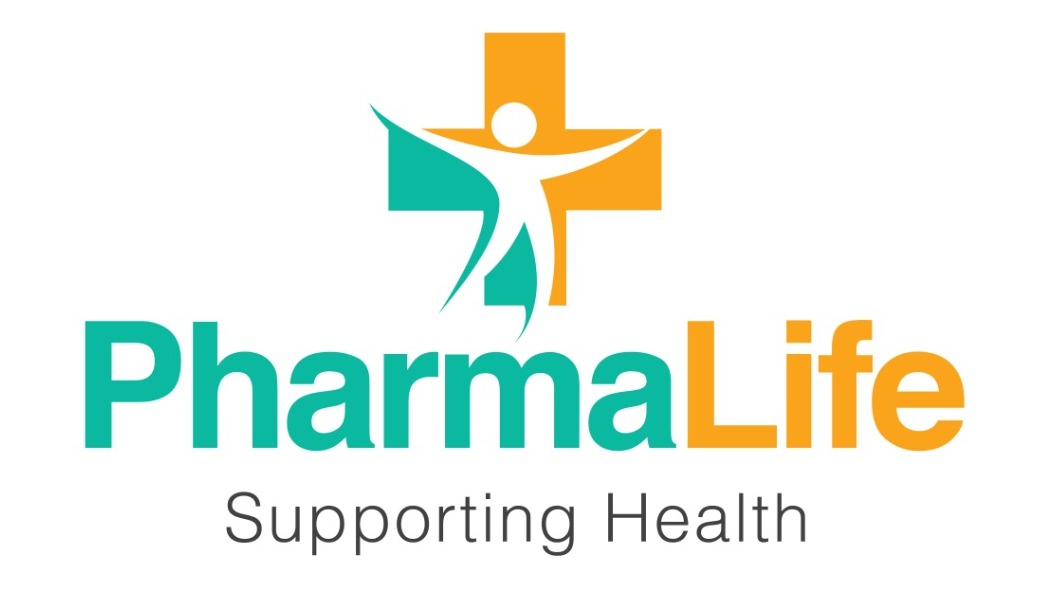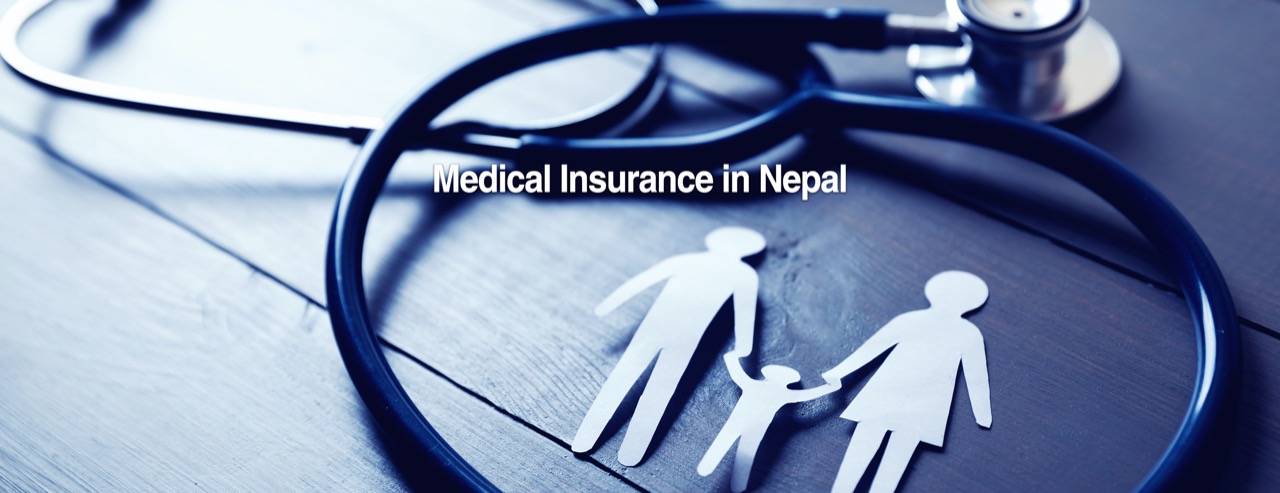Medical insurance, or health insurance, basically relates to a contract wherein an individual contributes a regular premium to the insurer, with the expectation that if some medical mishap does happen, the insurer will provide for the individual.
In Layman’s terms, medical insurance is a type of insurance coverage that pays for medical and surgical expenses incurred by the insured. Just like any other form of insurance, medical insurance helps assure you during any sort of uncertain medical event. The insurance service provider will subsidize financial trouble by providing capital aid to the insured.
Navigating through thousands of health insurance plans and ideas can be frustrating for anyone. The medical terms and overly perplexed contract terms can also get overwhelming. We at PharmaLife, always support fellow Nepalese in their endeavor to lead a sound and relaxed medical experience. And therefore, our team has brought to you this article to help you navigate the world of medical insurance.
Why Do I Need Medical Insurance?
If you are also in your 20s, or just rarely get ill, you may feel like you can skip out on health insurance. When you rarely have to go visit a doctor, and especially if you are struggling financially, paying medical expenses as you go might seem like the better option. Worrying about premiums and co-payments might feel like an unnecessary burden.
However, medical expenses and costs tend to get pretty huge, very quickly, especially followed by either serious illness, an accident, or an ongoing health complication. This is exactly why it is essential for everyone to always buckle up with some sort of medical insurance. Getting medical insurance ensures staying on the safe side.
Medical emergencies are not just unprecedented but are very expensive too. Medical emergencies can range from dislocating an ankle while climbing down the stairs to undergoing an appendectomy. Many critical medical complications, like cancers, can knock on your doors at any time. Accidents too come uninvited. One thing, however, common in all of these instances is that they can cost you several lakhs in medical bills. Furthermore, you may not be able to carry on with your job, meaning you could lose your pay as well.
In such instances, paying medical bills, even with medical insurance can get tough. On the contrary, having to tackle these medical emergencies without medical insurance will surely break your back. Medical emergencies can bankrupt you. And this is exactly why you need medical insurance.
Medical Insurance in Developed Countries
The health care system, and ultimately, health insurance programs vary in an enormous number of ways around the globe. While developing and under-developed countries struggle in providing basic fundamental rights including health care rights to their citizens, developed countries are significantly ahead in these matters. Consequently, all developed countries have universal coverage for their citizens through their primary medical insurance programs. These countries vary significantly in how they generate revenue to fund health plans. In most countries, the beneficiaries pay their fraction of the premium through proportional, progressive, or general tax. The government too, adds to the premium to finally devise a fully functioning medical insurance.
Apart from the government-run primary medical insurance programs, many different companies are offering medical insurance to the public. These insurances can be specialized, secondary, or self-insurance. Some countries, especially in Europe, have separate specialized insurance programs. For these programs, only certain individuals are eligible, such as the elderly, people with a serious disability, children, low-income individuals, individuals with high medical costs, the unemployed, the self-employed, and individuals employed in small firms. Secondary insurance programs help reduce the cost of consumers that are not covered by primary plans.
Self-insurance plans, on the other hand, are the ones in which the consumers are encouraged to save for their own and family’s current and future health care expenses. These plans are supported by companies that ensure your health expenses based on the premiums you pay them regularly.
However, the type of insurance is, both the state and the citizens are well aware and concerned for their well-being and health in developed countries. And thus, almost all citizens have covered their medical expenses through some sort of medical insurance. Developing countries, like Nepal, however, share a completely different narrative.
Medical Insurance in Nepal
Nepal, being a developing country from Southeast Asia, still has a lot to improve when it comes to healthcare facilities and more. Although with the dawn of information technology and advancement in the healthcare system, Nepalese are gradually being lenient towards services like medical insurance. However, there is no denying that there is still room for improvement.
As of 2020, Nepal’s 16 USD per capita per year in public health care lags far behind in projections needed to achieve Sustainable Development Goals number three, Good Health and Well Being. Subsequently, both the government and private sectors are emphasizing more on medical insurance to ensure better health care to the general public. The National Health Insurance Act passed by the parliament in 2015 was a breakthrough in strengthening health insurance services in Nepal.
Followed by the passage of the very act, the government has also brought forward its own national health insurance policy. Moreover, with the act, medical insurance service providers can also function with ease.
Even though the government and private firms are working together to further enhance medical insurance facilities within the country, the shortcomings are there. First, the public, even today, is unaware of the benefits of medical insurance. The out-of-pocket premiums seem like an unworthy expenditure to most of these people. They are unknown to the numerous benefits the insurance has. This mindset of the public is one of the main reasons why medical insurance services in Nepal are still not supposed to be mainstream.
When to Get Medical Insurance? And For Whom?
Well, to answer this question precisely, the sooner the better. Like we mentioned earlier, medical emergencies come uninvited and can happen to anybody. Thus, getting medical insurance for yourself and your family is a must. However, most insurance plans cover your children too. So, if you are still below 20, you need not worry about your insurance plan. Your parents’ plan will cover you.
However, the plan may vary greatly with the service providers. If the insurance only covers the individual, separate plans are required for each family member. A family insurance plan, thus, is preferred as it covers everyone in the family.
Although most single people living on their own, neglect getting medical insurance, especially in a country like Nepal. When you get married and finally have a family, there is no alternative to medical insurance. With added members in the family, medical expenses can quite literally get you bankrupt. Therefore, get medical insurance for yourself and everyone in the family, as soon as possible.
What is Covered in Standard Medical Insurance?
Medical Insurance and its benefits vary greatly depending on the companies or firms provided with it. Nonetheless, the standard benefits are more-or-less the same. The benefits include at least the following services:
- Outpatient (OPD) services
- Emergency (ER) services
- Inpatient (IPD) services
- Postpartum and Neonatal Care services
- Prescription Drugs & Pharmaceutical services
- Laboratory Tests
- Preventive Services like screening, counselling, vaccines
- Pediatrics Services
OPD, IPD, or Emergency services are almost always included in your insurance plans. Postpartum and Neonatal care are also included usually. Prescription medicines too are covered in your medical insurance plans. However, the other services can sometimes be additional, and not included in base benefits. The bills you need to pay for any of these services are covered by your plan and you will get capital aid upon presenting such bills.
Medical Insurance Providers in Nepal
Alongside the government-run national health insurance plan, for which you can apply at your local-level-government, i.e. rural municipality, municipality, or metropolitan city; there are also private companies that provide medical insurance plans. These medical insurance providers offer free counseling services and will brief you about their various plans upon inquiry. Here are a few of the medical insurance providers in Nepal:
- MetLife Nepal (01-5970166)
- Everest Insurance Company Limited (01-4444717)
- General Insurance Company Nepal Limited (01-4443944)
- IME General Insurance Company Limited (01-4411510)
- Himalayan General Insurance Company Limited (01-4442405)
- National Insurance Company Limited (01-4260366)
- Neco Insurance Company Limited (01-4770127)
- Nepal Insurance Company Limited (01-4221353)
- Prabhu Insurance Company Limited (01-5199220)
- Prudential Insurance Company Limited (01-4212940)
- Rastriya Beema Company Limited (01-4262520)
- Sagarmatha Insurance Company Limited (01-4512367)
- Sanima General Insurance Company Limited (01-4427170)
- Shikhar Insurance Company Limited (01-4246101)
- Siddhartha Insurance Company Limited (01-5705766)
Getting in touch with insurance service providers in Nepal is fairly easy. All these insurance providers usually have their websites. You can also reach out to them on social media platforms. Medical Insurance providers near you might also offer you a home visit and counseling session. These insurance companies also generally organize events to help the public know about various aspects of health insurance.
We, at PharmaLife, are committed to transforming the Nepalese health care system. And thus, we would want our fellow Nepalese to all be well-informed of medical insurances, their benefits and finally select the best plan for themselves. Consumers, therefore, will be able to claim their medical bills that have been bought from pharmacies in collaboration with PharmaLife. You and everyone in your family deserve a secure future with sound and relaxed medical experience, and PharmaLife wants just that.


There are no comments